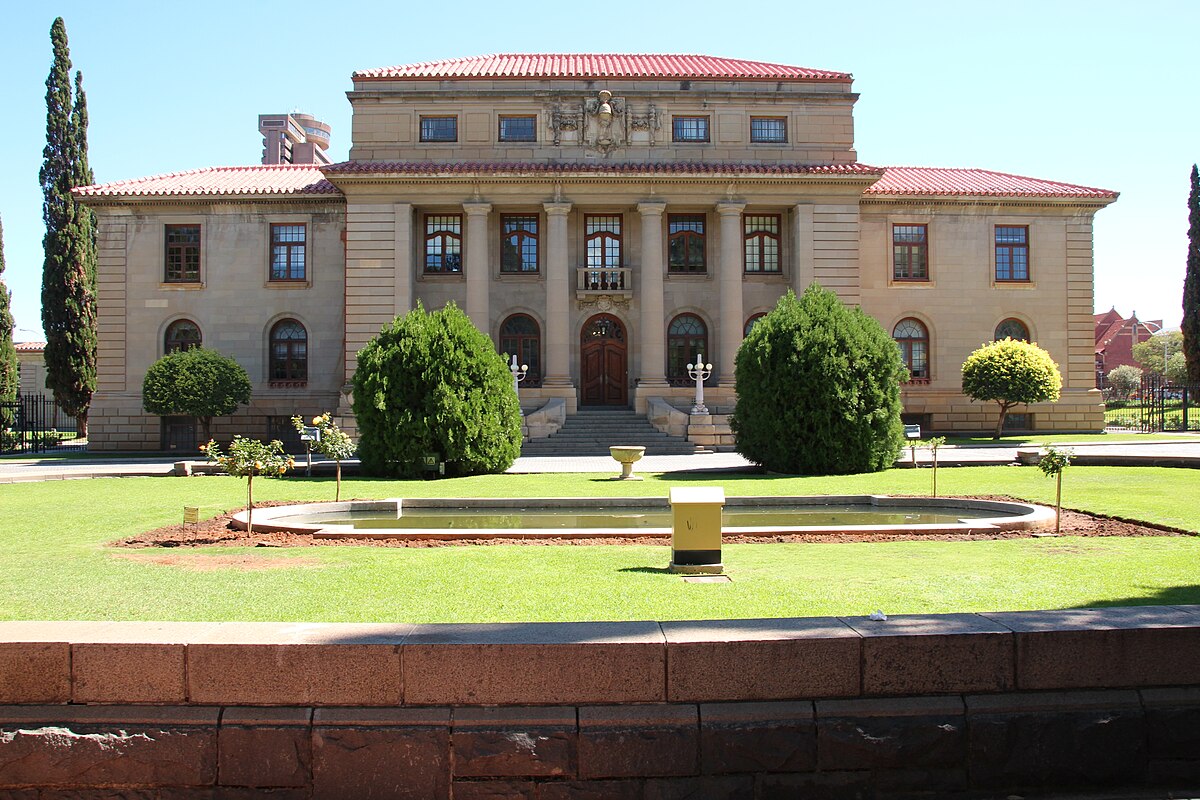Crypto assets operate in an unconventional legal environment. Unlike traditional currency issued by central banks, cryptocurrency functions through decentralised blockchain networks. Despite this distinction, digital assets can be traded, exchanged for goods and services, or used for fundraising and investment purposes in much the same way as money.
South Africa has yet to establish a single, comprehensive statute governing crypto assets. Instead, regulation is distributed across several legislative instruments, creating a complex compliance matrix for crypto asset service providers (CASPs).
This article, focuses on the exchange control implications of crypto assets in South Africa. Here, we turn our attention to how exchange control rules apply to cross-border crypto transactions.
Exchange Control and the Crypto Question
The Exchange Control Regulations, 1961 are designed to restrict the movement of capital and financial assets out of South Africa without prior approval from the South African Reserve Bank (SARB). Two provisions are particularly relevant:
- Regulation 3(1)(c) prohibits residents from making payments to non-residents without exchange control approval, often referred to as the Currency Payment Rule.
- Regulation 10(1)(c) bars the export of capital without such approval, known as the Capital Export Rule.
A critical question arises when cryptocurrency is transferred from a South African digital wallet to an offshore exchange. Does such a transfer constitute the export of “capital” or the making of a “payment” to a non-resident? If so, it would require prior SARB approval.
The Standard Bank v SARB Decision: A Turning Point
The High Court’s 2025 judgment in The Standard Bank of South Africa v South African Reserve Bank & Others directly confronted this issue. The case arose after SARB issued a forfeiture order against funds associated with Leo Cash and Carry (Pty) Ltd (LCC), which had transferred over 4,400 Bitcoin, valued at approximately R556 million, to a Seychelles-based exchange.
SARB contended that the transaction contravened both the Currency Payment Rule and the Capital Export Rule. The central question was whether LCC required exchange control approval to execute the cross-border transfer.
Is Crypto “Currency” for Exchange Control Purposes?
The court firmly rejected SARB’s argument that cryptocurrency qualifies as “currency” under the Regulations. It noted that crypto is not recognised as legal tender in South Africa and that categorising it as such would be “strained and impractical.”
The court emphasised that crypto exists as digital code on a decentralised ledger rather than as physical or bank-issued money. Treating it as currency would introduce significant enforcement challenges, including questions about customs declarations for purely digital assets. Consequently, the court found no legal or logical basis to extend the Currency Payment Rule to crypto transfers.
Does Crypto Constitute “Capital”?
The court also dismissed the view that crypto constitutes “capital” for purposes of Regulation 10(1)(c). Relying on precedent from Oilwell (Pty) Ltd v Protec International Ltd (2011), the court reaffirmed that the Regulations should be interpreted restrictively. In Oilwell, the Supreme Court of Appeal had found that intellectual property rights were not “capital,” prompting SARB to amend the rule afterward to include IP explicitly.
Drawing on this reasoning, the High Court held that crypto cannot presently be treated as capital. The judge also observed that crypto has existed for more than fifteen years without any dedicated exchange control framework, underscoring the need for legislative reform rather than judicial expansion.
Outcome and Pending Appeal
The High Court ultimately set aside the SARB’s forfeiture order, finding that LCC’s cross-border crypto transfers did not breach either exchange control rule.
However, SARB has since obtained leave to appeal directly to the Supreme Court of Appeal (SCA). The High Court’s decision is suspended pending the outcome of that appeal, and as of this writing, no hearing date has been set. The appeal outcome will likely determine whether crypto remains outside the current exchange control framework or whether new regulations will soon bring it within scope.
Broader Implications for South African Crypto Regulation
The Standard Bank case exposes a major gap in the existing regulatory landscape. If the SCA upholds the High Court’s ruling, crypto may continue to fall outside the ambit of the Currency Payment and Capital Export Rules until legislative amendments are introduced. Conversely, if the SCA overturns the decision, CASPs could face new reporting and approval obligations similar to those governing other cross-border capital flows.
This echoes the aftermath of Oilwell, where the legislature swiftly revised the law to close perceived loopholes. A similar response to crypto cannot be ruled out.
Looking Ahead: Compliance in an Evolving Framework
South Africa has made progress in bringing CASPs under financial services (FAIS) and anti-money laundering (FICA) supervision. However, exchange control remains the most significant gap in crypto regulation.
Crypto assets are not legal tender, yet their growing use in payment systems and cross-border trade continues to test the limits of existing financial laws. As regulatory frameworks evolve, crypto businesses must remain proactive in monitoring legal developments and ensuring compliance across multiple regimes.
Final Thoughts
The Standard Bank v SARB decision represents a pivotal moment in South Africa’s journey toward clear crypto governance. Whether the SCA confirms or overturns it, the outcome will shape how digital assets are treated under exchange control law.
Crypto service providers, investors, and financial institutions should closely track these developments and seek professional guidance on compliance, particularly for international transactions.






